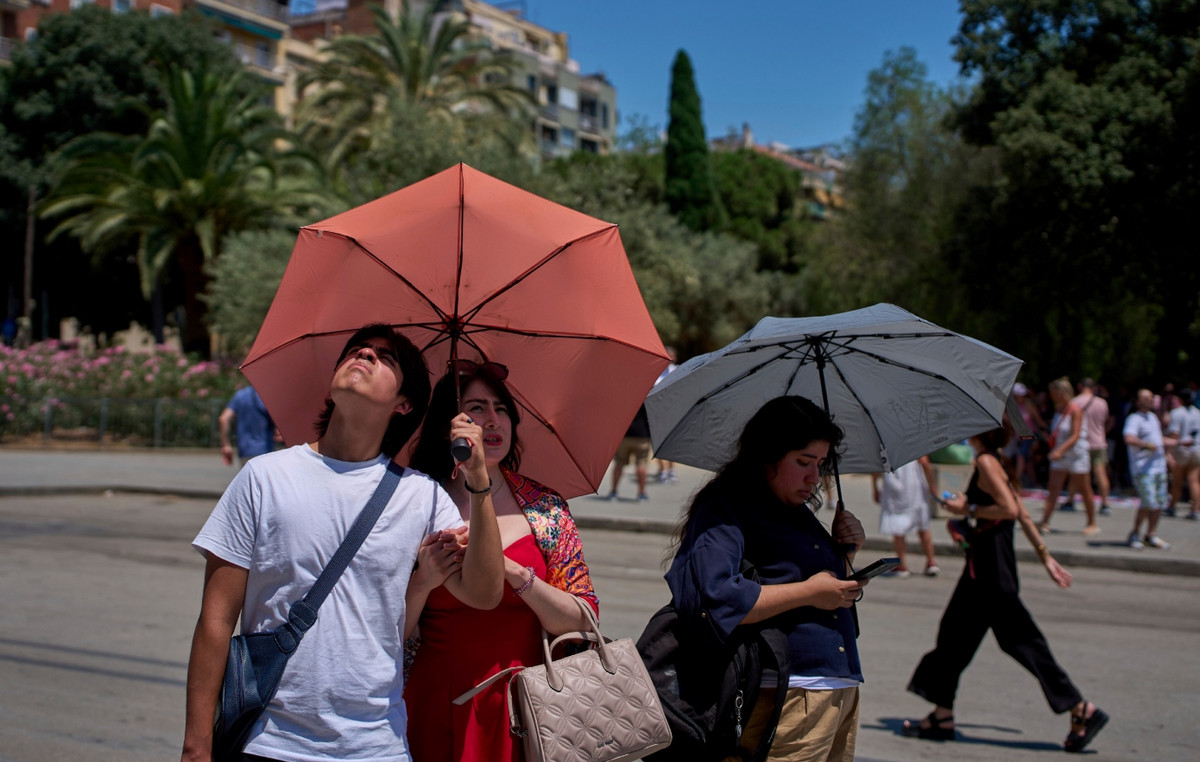A profusion of clandestine air routes, with constant activity inside and outside the national territory, are maintained by organized crime to extract gold and cassiterite from the Yanomami indigenous land.
The information was first disclosed by the newspaper O Estado de São Paulo, which had access to details of the logistics chain that the garimpeiros, using planes, use to plunder the indigenous land in Roraima.
The maps that trace the movement of illegal activity reveal that these routes are not limited to trips made between the mines and the main municipalities of the state or the capital, Boa Vista.
There is constant movement also within Venezuela, with frequent access points in the neighboring country, which borders a large part of the Yanomami indigenous land.
Within the indigenous land, air is the main access route to illegal mining, being the means used not only to transport the extracted ore, but also basic inputs for criminal activity, such as fuel, parts and food.
Rivers are the second form of transport that boosts clandestine actions, but they tend to be used more in the flood months.
The average price of the aircraft that are usually used reveals that the activities are far from being “handcrafted”. Most of the planes used by the prospectors are of the single-engine type, such as the Cessna 182, sold under the name Skylane, which costs around R$ 400,000.
There is also the use of helicopters, such as the Robinson 44 or 66 models, which are much more expensive and cost from R$ 3 million.
The audacity of the miners to expand air logistics within the demarcated land reached such a point that the criminals began to take over official airstrips, built by the government so that the indigenous people could receive basic health and food supplies. This is what happened, for example, at the Homoxi base, in the municipality of Alto Alegre.
Until the beginning of 2022, a basic health unit operated next to this airstrip. In three months, the site was taken over by miners, who expelled the health teams and turned the unit into a crime airport, with ore exploration around the runway itself.
Closure
In a document obtained by the report, agents warned about the seriousness of the situation, which “prevents the provision of adequate health services to indigenous people”.
The diagnosis resulted in a suggestion to Ibama’s Environmental Protection Board (Dipro), that the airspace over the Yanomami indigenous land be closed, as a way to help curb displacement.
“Considering that a flight route beyond national borders has been identified, it is suggested that the Air Force be communicated and the closure of airspace in Yanomami land be requested,” they say in the document.
The report questioned the Brazilian Air Force to find out if it had received any requests last year to close the airspace over the indigenous land. The FAB did not respond to the question, but said that it “maintains defense alerts in the airspace that comprise the Yanomami Indigenous Land, operating from Boa Vista (RR) and carrying out 24-hour airspace policing actions.”
According to the FAB, in 2022 alone, “34 interceptions of aircraft were carried out in the vicinity of Boa Vista, including the aforementioned region”.
Restrictions on aerial inspections have been, for years, one of the main problems faced by the security forces that work to protect the Yanomami territory. There is a general lack of aircraft on the part of Ibama, Funai and the Chico Mendes Institute (ICMBio), as well as other police forces that support operations.
Illegal mining has been a reality for decades in Yanomami land, but it had an exponential increase in 2019, according to official data from the National Institute for Space Research (Inpe), an agency of the Ministry of Science and Technology.
According to the historical series, there were 29,000 square kilometers that year, the largest volume since 2008, when the index reached 14,000 square kilometers.
The current indigenous population in the region reaches around 30,400 indigenous people, living in 386 communities. There are no precise data on the total number of miners in the area, but it is estimated that, with the increase in recent years, around 25,000 work in clandestine activities in the territory, which had its demarcation completed in 1992.
Illegal mining pollutes rivers, drives away game and takes away food from indigenous peoples.
The invasion of prospectors threatens the health of the Yanomami, as it uses mercury to extract gold, pollutes rivers, kills fish and prevents indigenous people from producing their own food, such as cassava. The noise of the machines frightens the animals that also serve as food, point out experts who monitor the impacts on the population.
Contact with non-indigenous people is also responsible for the transmission of diseases, such as the flu and Covid-19. Garimpeiros, say specialists and the indigenous people themselves, still carry alcohol, drugs and are behind episodes of violence in these areas.
The Ministry of Indigenous Peoples stated that 99 Yanomami children, aged between one and four years old, died in 2022 due to the advance of mining. The causes are mostly malnutrition, pneumonia and diarrhea.
The folder estimates that at least 570 children were killed by mercury contamination, malnutrition and hunger in the last four years.
Source: CNN Brasil
I’m James Harper, a highly experienced and accomplished news writer for World Stock Market. I have been writing in the Politics section of the website for over five years, providing readers with up-to-date and insightful information about current events in politics. My work is widely read and respected by many industry professionals as well as laymen.







